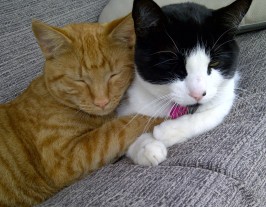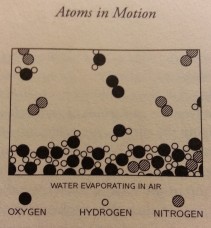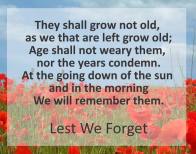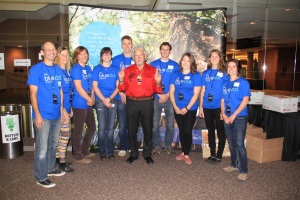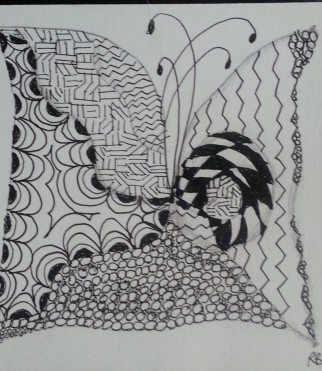 I don’t know the answer, but the question came to me as I was looking through Imotions’ “Top 50 Human Behavior Experts to Follow in 2017”. Judging only from their online profiles, they seem like interesting and very bright people and I definitely want to learn more about their observations of human behaviour. But what I found equally interesting is what each of them chose to list as “Interesting Facts” about themselves – and it wasn’t so much that the facts were interesting; it was what each person thought would be interesting to someone reading their profile. I’m not a human behaviour expert, but I think I could tell who was being cheeky, who was being serious, and who felt completely awkward filling out that section.
I don’t know the answer, but the question came to me as I was looking through Imotions’ “Top 50 Human Behavior Experts to Follow in 2017”. Judging only from their online profiles, they seem like interesting and very bright people and I definitely want to learn more about their observations of human behaviour. But what I found equally interesting is what each of them chose to list as “Interesting Facts” about themselves – and it wasn’t so much that the facts were interesting; it was what each person thought would be interesting to someone reading their profile. I’m not a human behaviour expert, but I think I could tell who was being cheeky, who was being serious, and who felt completely awkward filling out that section.
I’ve often thought about what makes a person interesting. Who are they when they’re at home? What do they think about when they’re vacuuming or in line for groceries? Do they ever just sit around being boring? (This is how I got to the Aristotle question; under “Interesting Facts” on his profile, I imagined him submitting something like: Constructs landscapes out of seashell fragments in his spare time; also, asks a lot of questions.)


